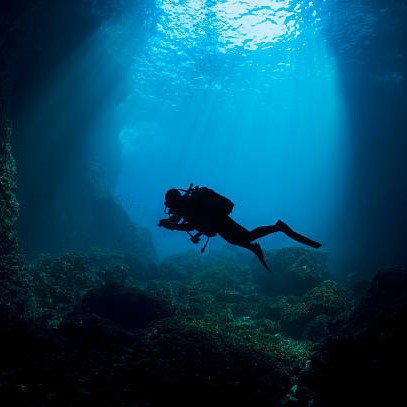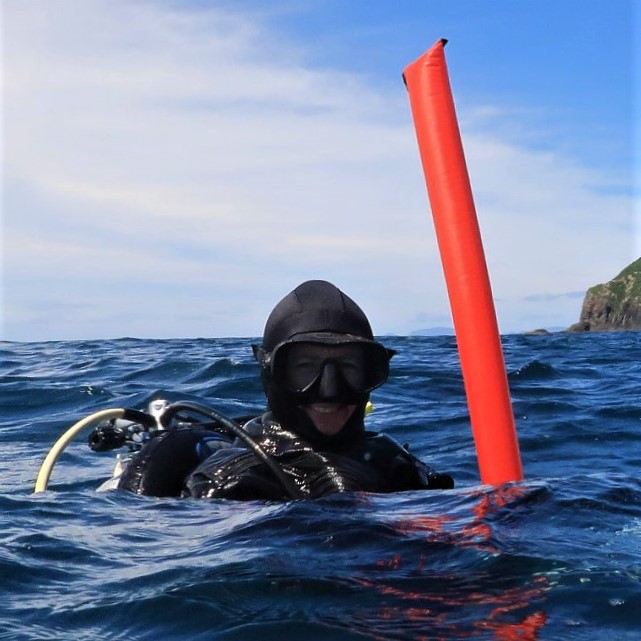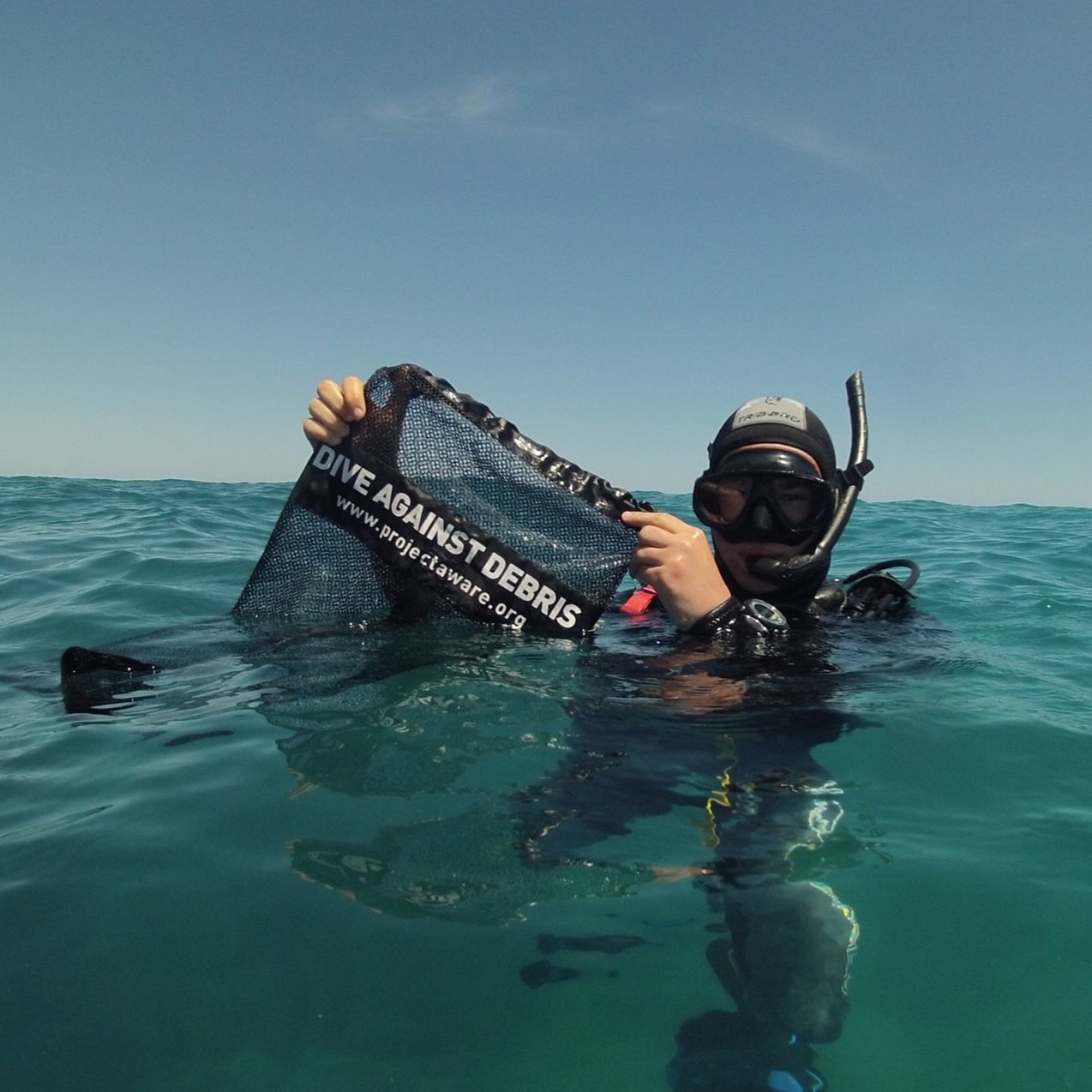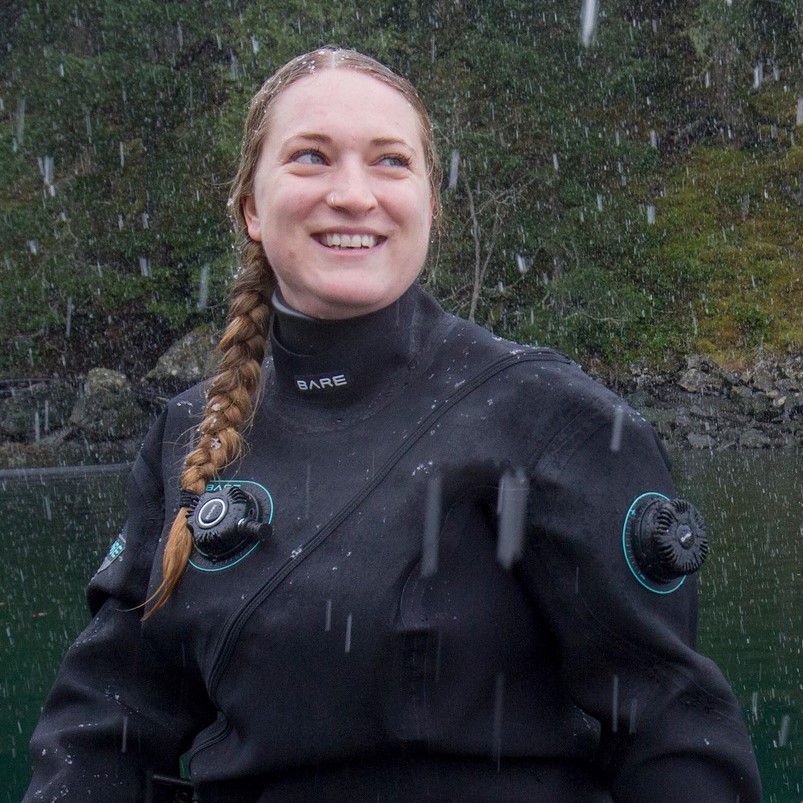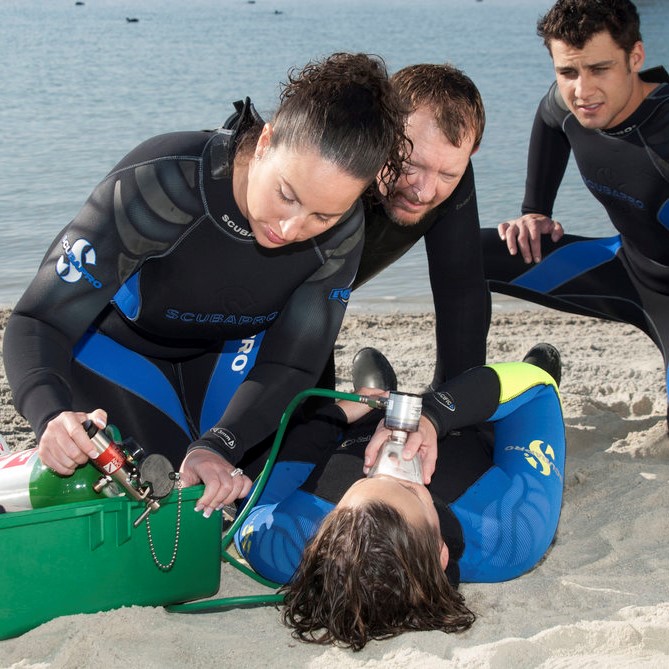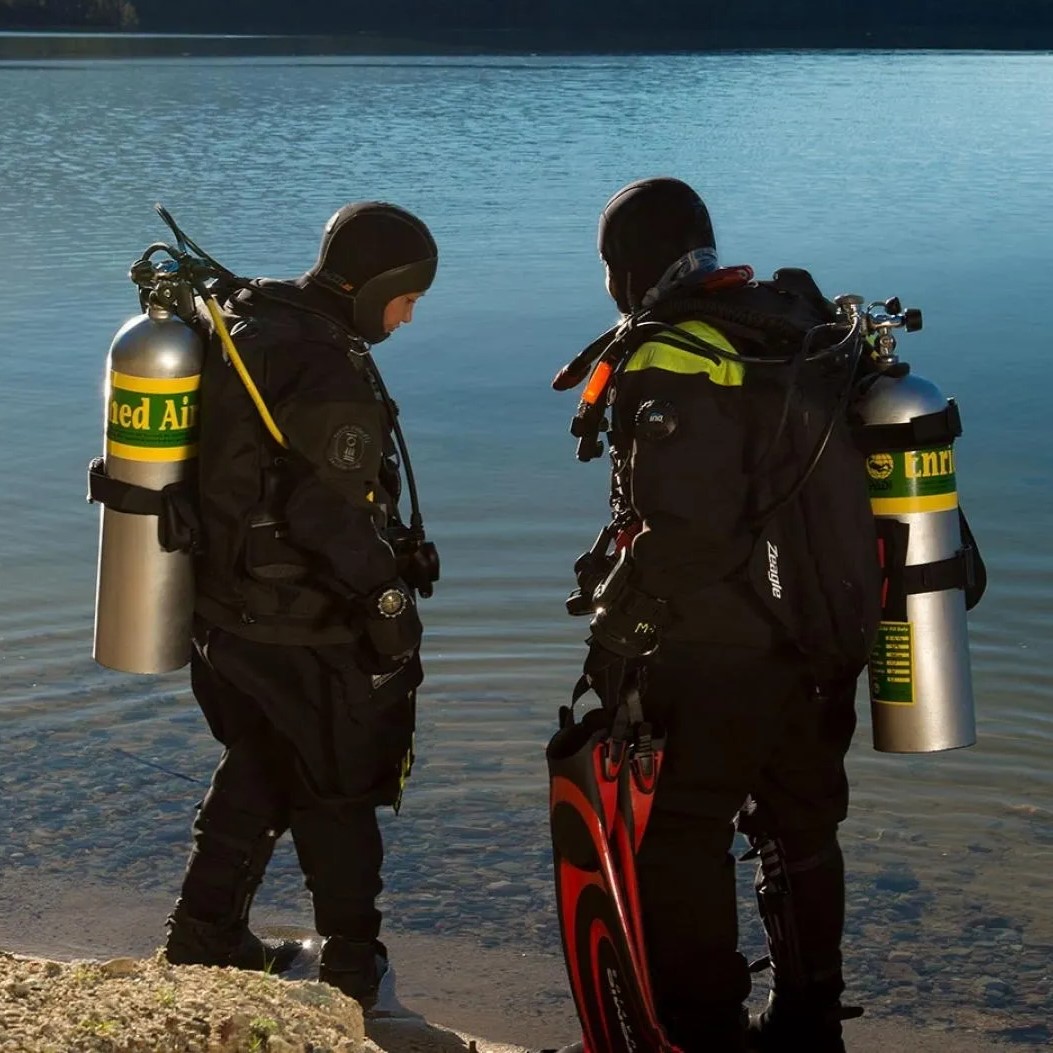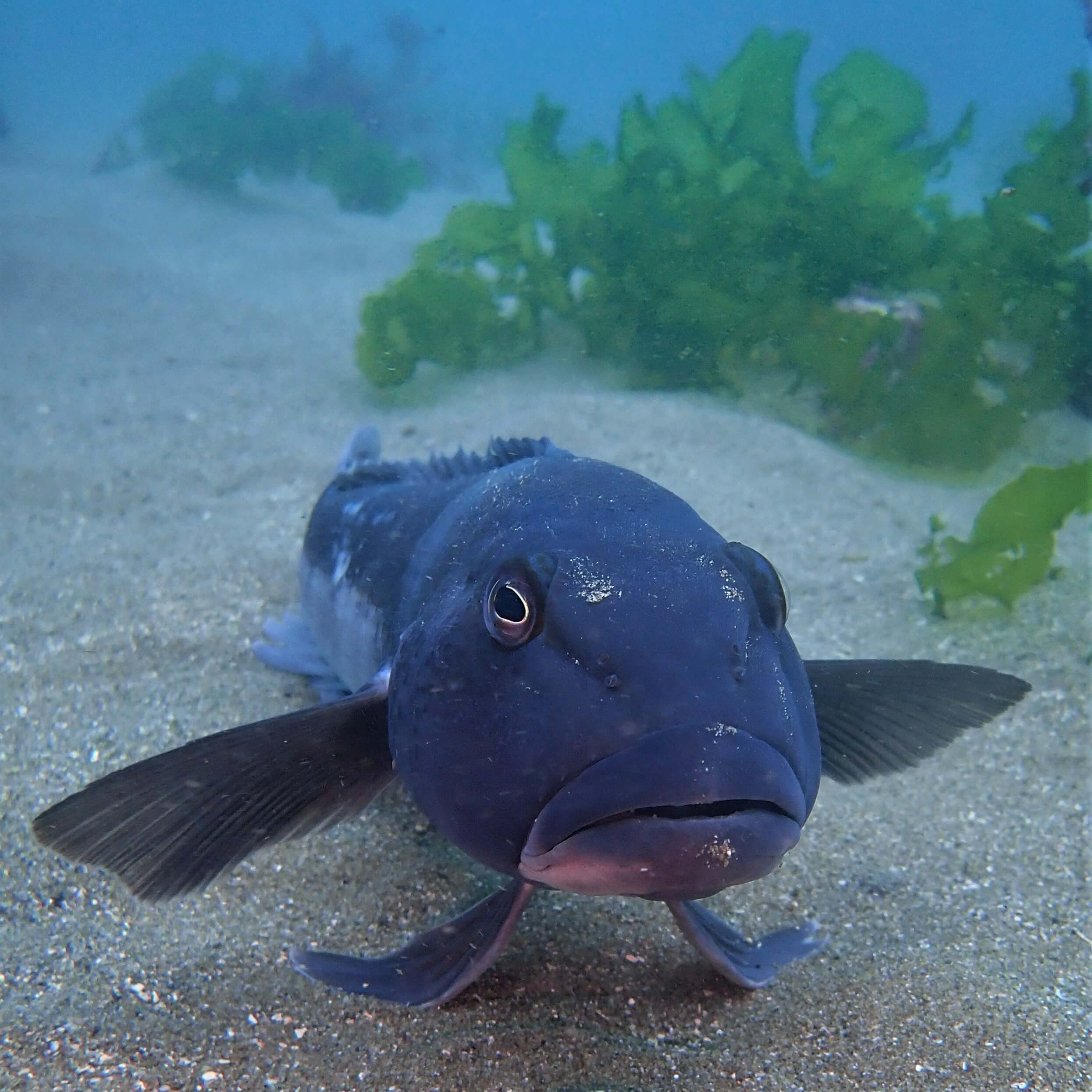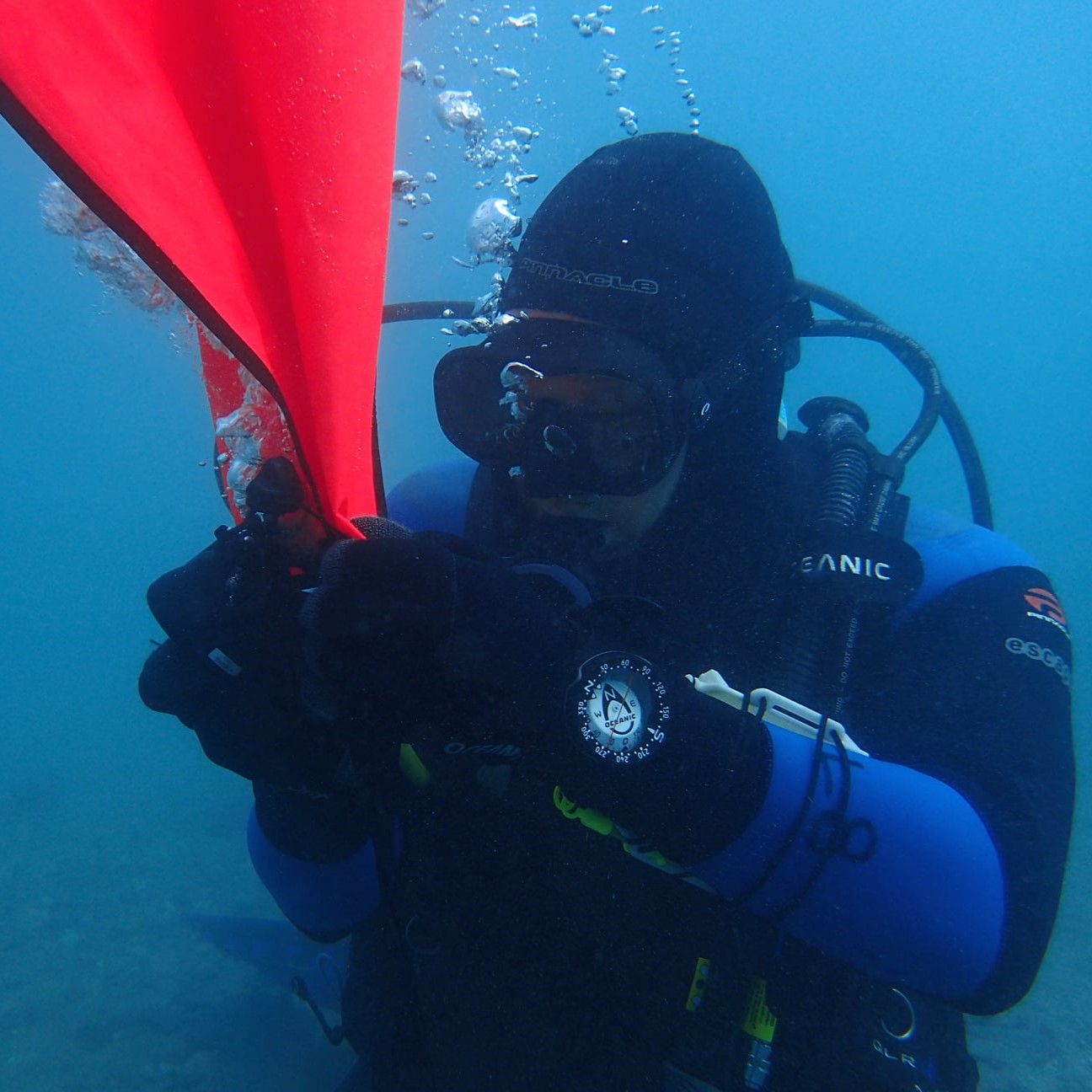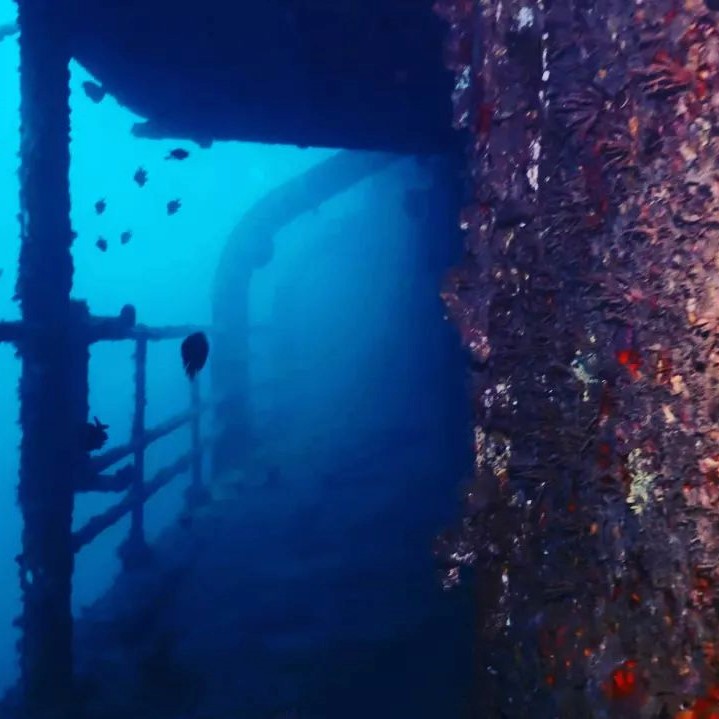Learn to dive with PADI & Dive HQ
- Home
- Shop
- Spearfishing & Freediving
- Boots
- BCDs
- Snorkels
- Regulators
- Torches
- Computers
- Fins
- Gauges
- Masks
- Hoses
- Knives
- Bags
- Tanks
- Wetsuits
- Drysuits
- Weight Belts & Pockets
- Weights
- UW Hockey
- Undersuits
- Socks
- Hoods
- Gloves
- Clothing & Merchandise
- Cameras
- Clearance
- Accessories
- Technical Diving
- Dive Courses
- Dive Trips
- Spearfishing
- Dive Club
- Services
- Contact





